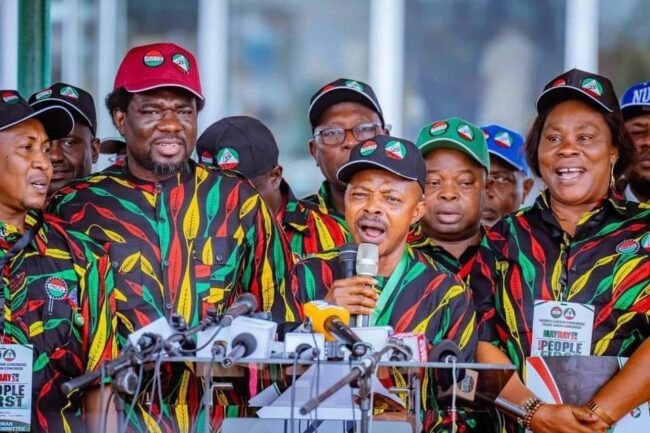Business
Private Sector Voices Concerns Over N70,000 Minimum Wage Implementation

The recent proposal to increase the minimum wage in Nigeria to N70,000 has sparked significant debate among private sector stakeholders and government officials. The move, initially driven by Governor Godwin Obaseki of Edo State, has received mixed reactions, with various parties raising concerns about its feasibility and economic impact.
Governor Obaseki’s decision to set a N70,000 minimum wage for workers in Edo State, the highest in Nigeria, has been applauded by labor unions. The Nigeria Labour Congress (NLC) and Trade Union Congress (TUC) have long advocated for higher wages to match rising inflation, which hit 33.2% in March 2024, according to the National Bureau of Statistics. However, this decision has also prompted discussions at the federal level about extending this wage increase nationwide.
The federal government, represented by President Bola Tinubu, has been in negotiations with labor unions, state governors, and other stakeholders to establish a new national minimum wage. An initial proposal of N62,000 was suggested by a tripartite committee, but the National Assembly may increase this to N70,000, following precedents set in previous wage adjustments.
Despite these developments, private sector representatives have voiced strong concerns. Many businesses argue that the proposed wage increase could lead to higher operational costs, potentially resulting in layoffs or increased prices for goods and services. The Nigeria Governors Forum (NGF) has also highlighted the financial strain on state governments, with some governors calling for a revised revenue-sharing formula to support the new wage structure.
The debate continues as stakeholders seek a balance between fair compensation for workers and the economic realities facing employers. The outcome of these discussions will significantly impact the Nigerian economy and the livelihoods of millions of workers across the country.












